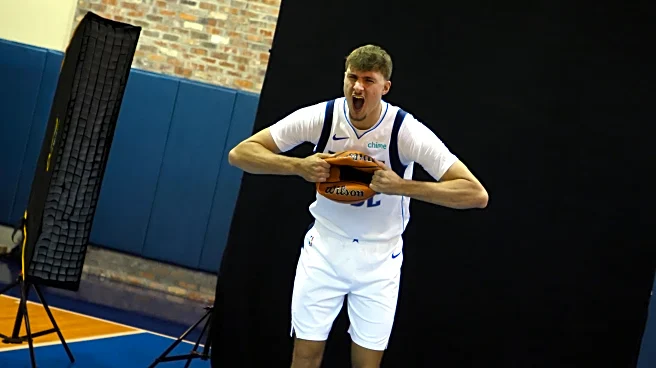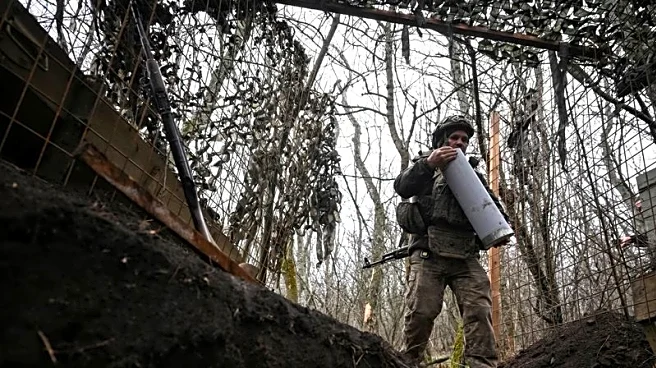
The Mavericks, whether by the grace of the basketball gods or the underbelly dealings between general manager Nico Harrison and commissioner Adam Silver, received the number one pick for the first time in franchise history. They used it to select Duke forward Cooper Flagg, adding to their collection of former Blue Devils.
Flagg is seen by almost every scout as a generational prospect. He averaged 19.2 points, 7.5 rebounds, 4.2 assists, 1.4 blocks, and 1.4 steals a game in college. As an old NBA 2K
announcer once repeated, he is a stat sheet stuffer supreme. Flagg’s numbers are eye-popping on their own, but watching him play reinforces everything the statistics suggest. With Luka Doncic gone, it is Flagg who is set to take over the “face of the Franchise” role, not Anthony Davis or Kyrie Irving. There is a ton of hype around the young Dukey, so keeping a balance of expectations and reality will be key for Flagg’s rookie season.
Big Question
The Mavericks don’t exactly have the cleanest hierarchy in their rotation. They have a lot of duplicate pieces and run thin on guard play. This makes predicting who will play where and how many minutes they will play impossible. They can go small(er) with Anthony Davis at the five, they can run out Dereck Lively or Daniel Gafford with Davis to form a big front, or they could run P.J. Washington at center and play four wings/guards around him. Because of the versatility they have, where Flagg will fit in is going to be a big decision for head coach Jason Kidd.
They forced Flagg to play guard in the Las Vegas summer league. He played exclusively forward in college, but the playmaking flashes make putting the ball in his hand enticing. How good he can be defensively right away and how well he shoots the ball will be interesting pieces to look at. But what position Flagg plays and how he is utilized will dictate how his rookie year is going to go.
Best Case Scenario
Flagg had loads of hype for a reason. He is otherworldly talented, uber-athletic, and has the drive that you see in the game’s greatest players. In an ideal world, this shines through immediately. Day one, Flagg looks like the All-NBA player they drafted him to be. He is making jumpers, dunking on people, facilitating offense, and guarding the other team’s best wing. Flagg’s numbers are somewhere in the range of 18 points, seven rebounds, three assists, a steal, and a block. The Mavericks are an elite defensive team and a top-half offensive team because of Flagg, not despite him. In this perfect world, his aptitude for ball-handling is higher than we think, and he adjusts to playing guard smoothly. If the stars align, his rookie year could be as exciting as any player’s in the last 20 years.
Worst Case Scenario
It is hard to adjust to the speed, length, and athleticism of NBA defense as a guard. It is that much harder to do so when you haven’t played guard at a high level previously. There is a chance that Dallas’s insistence on making Flagg a facilitator negatively impacts his first year, and the learning curve affects other parts of his game. He may get worn out, lose his jump shot, and struggle to contain people on defense. If worst comes to worst, Flagg may look like a run-of-the-mill wing that doesn’t do anything great. He may get relegated to the bench and provide moments here and there, but nothing consistent. It’s hard to see a world in which Flagg is actively bad, but even a mediocre version of him would be disappointing given his expectations.
Season goal
Flagg has three points of emphasis in his rookie year. First and foremost, he has to shoot the ball well. Like a lot of younger forwards, proving you can shoot the ball is of the utmost importance. In his only year at Duke, Flagg shot nearly 39 percent from three on just under four attempts per game. That is solid, but his shot did not look nearly that fluid in his summer league action. Basketball in July is seldom indicative of basketball in October, but there certainly has to be some improvement there before the real stuff starts.
The other keys to Flagg’s rookie year are things that will take some time. Particularly regarding his playmaking and defense. Defensively, he is supposed to be an elite prospect. That has to shine through, even if he makes some mistakes (which he will). It will take game reps to get used to the physicality and speed of NBA basketball, but by the end of the year, Flagg has to be the guy taking the hard defensive assignments.
As far as playmaking goes, it is all about getting better each day. Much like young Giannis Antetokounmpo in Milwaukee, it will take time to be comfortable with the ball in Flagg’s hands. Getting real game reps will be key, and keeping expectations low will help temper emotion if Flagg does not look ready to be a primary ball-handler before January or February. If he looks more confident dribbling in April than he does in October, then this season will have been a success.
Overall
Nearly nine months removed from the trade that sucked the life from a fanbase ripe with passion, a new flame will be lit to provide some energy. Cooper Flagg is that fire. As easy as it is to grieve the loss of Luka Doncic, it is healing to know that there is an 18-year-old with a lot of drive and talent who wants to make things right. Flagg will be easy to root for. He plays hard, has a winning mindset, loves to learn, and is young enough to be oblivious to the moment. Meaning, he will make some big plays in big games simply by being a kid and having fun.
There are going to be mistakes. Given that this is uncharted territory for Mavericks fans, staying patient will be important. The number one pick comes with a lot of gravity. Thankfully, the Mavericks have a veteran team to ground the expectations for Flagg. He should be able to play as care-free as any first pick ever has, which should make this an exciting season. If nothing else, Cooper Flagg will bring the joy back to Mavericks basketball that has been missing for what seems like 100 years.
















